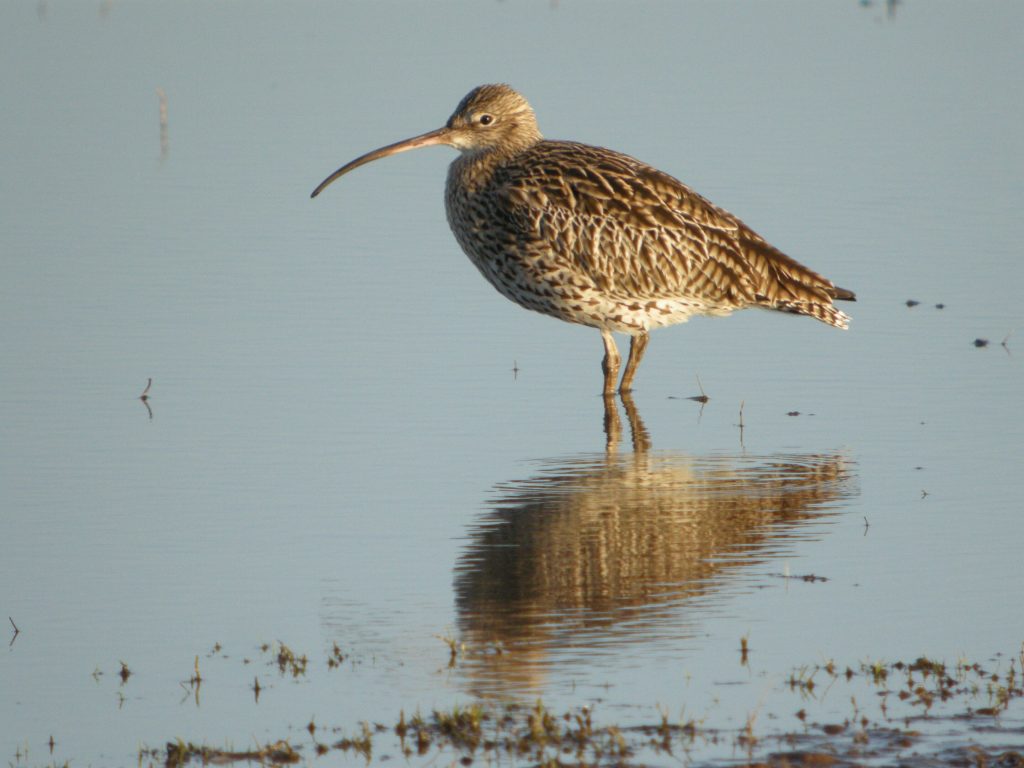
Military airfields are usually given a licence which allows nests to be destroyed and birds to be dispersed if they pose a flight safety risk.
Curlews, the largest wading birds in Europe, overwinter on coasts and estuaries but migrate inland each spring to breed on grasslands and moors. They are much loved, especially for their haunting calls, but are rapidly declining in the UK and across Europe. According to WWT the official current estimate for breeding pairs in the UK is 66,000, but many people believe the actual number is much lower. Breeding curlew numbers in the lowlands of England, Wales and Ireland are plummeting, with very little breeding success in recent years resulting in an aging population, with a real risk of regional and possibly global extinction. Curlews are in such danger that they are now considered to be the biggest bird conservation priority in the UK.
The chief causes of curlew decline are predation and habitat loss due to intensive farming and forestry.
Natural England approached the RAF and DIO about the possibility of a pilot project to rescue curlew eggs that were a risk to flight safety. Rather than destroying the eggs they would be taken to a sanctuary where they could hatch in safety before being released back into the wild.
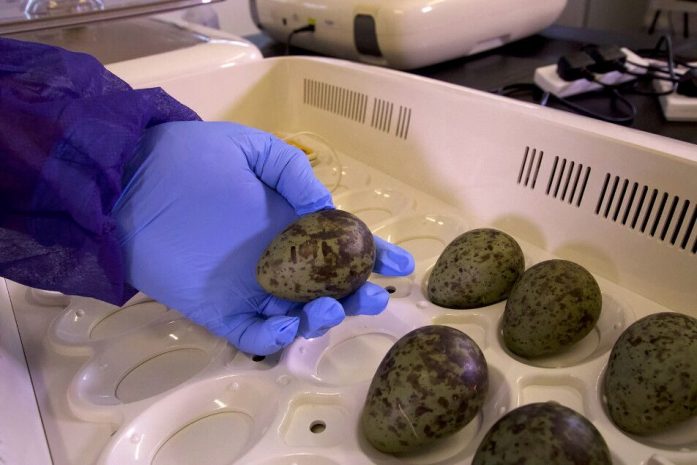
Good partnership working was key. We worked closely with both Natural England and WWT. Air safety staff including 11Gp(BM), Station Air Traffic Control Officers (SATCOs) and Aerodrome Wildlife Control Units (AWCUs) ensured that flight safety was not compromised. This must always be the highest priority on any airfield so potential risks can be carefully considered and managed.
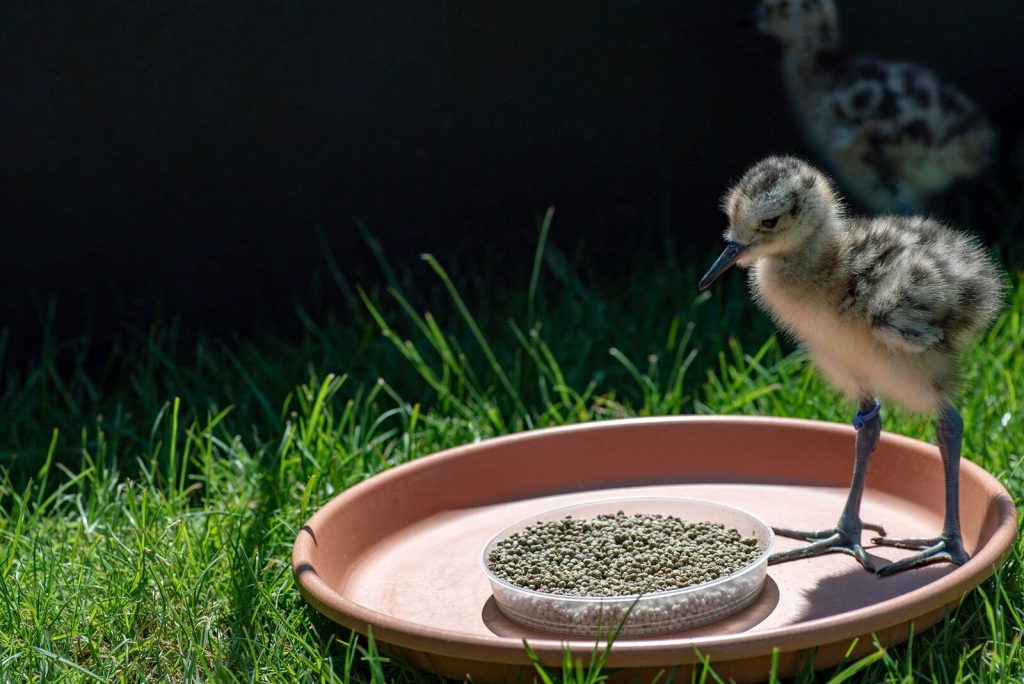
DIO ecologists supported by bringing everyone together and providing expert advice from their experience and knowledge of the Defence estate. We also provided a grant to the project from the Conservation Stewardship Fund for the incubators used to hatch the eggs.
The process involved ‘headstarting’ the curlew chicks, which means trained professionals removing the first clutch of eggs from a nest to safety, prompting the adult birds to lay a second clutch. The technique has already been used to boost other bird populations in the UK. The removed eggs are hatched and reared in captivity until they can fly, before being released back into the wild.
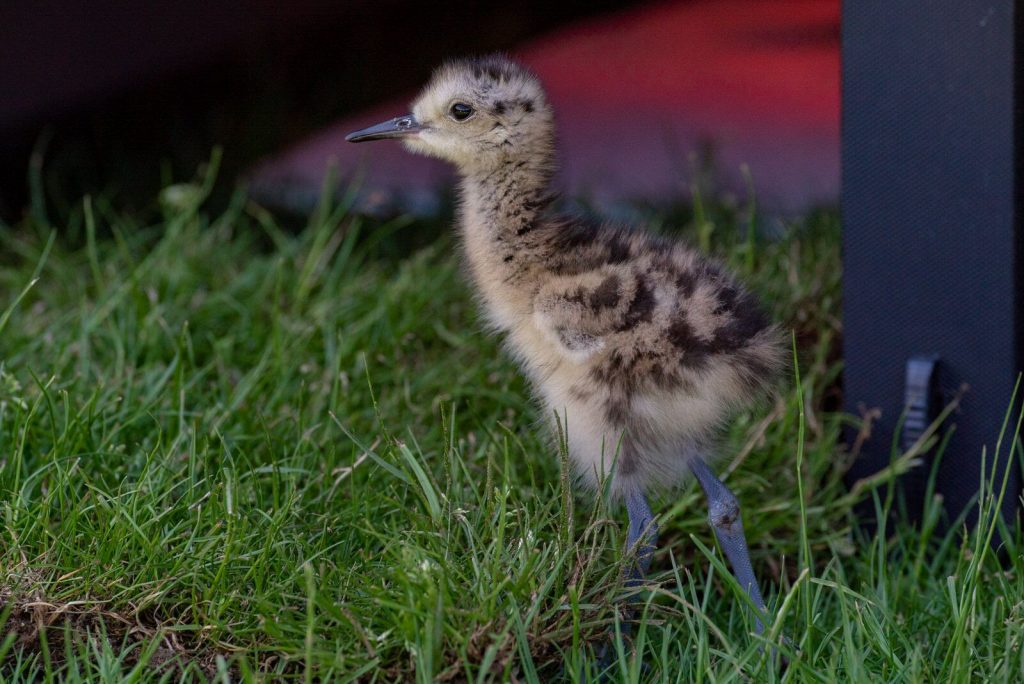
DIO has contributed additional Conservation Stewardship Funding to purchase GPS trackers which, along with conventional leg-rings, will allow WWT and Natural England to monitor the dispersal and survival of the birds after they are released.
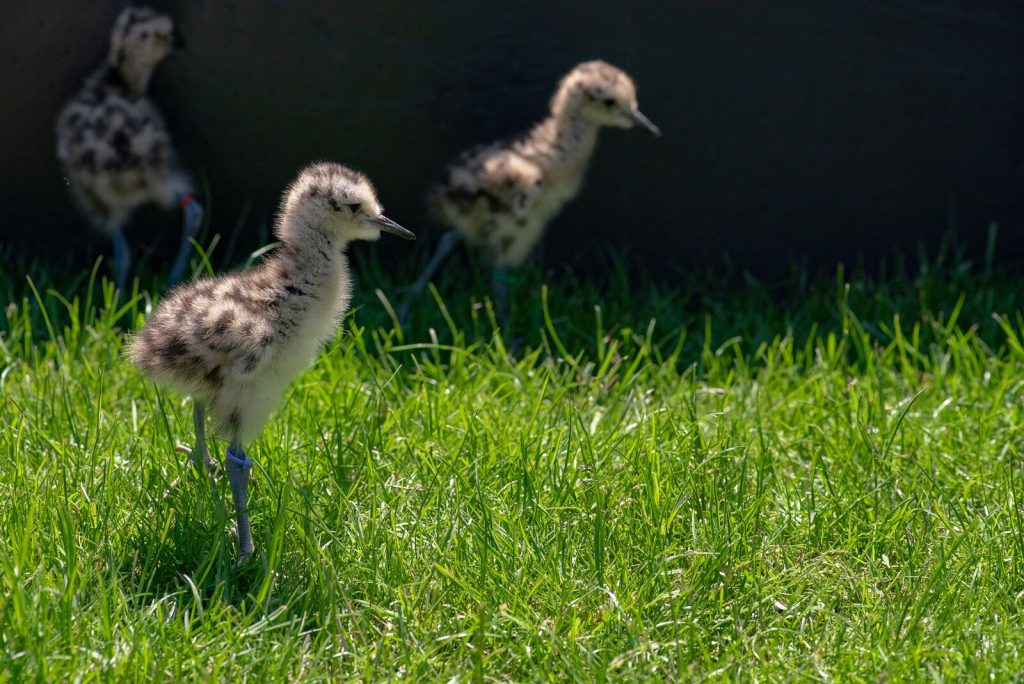
Everyone has embraced the project and played their part. The project has been a huge source of pride for all involved. It is fantastic to see so many eggs rescued, and we look forward to following them as they hatch into chicks and grow into adults.
If you have any questions or would like to get involved in a future project please contact Natural England on 01553 810086 or 07770 641257.
1 comment
Comment by Alan Jones posted on
Excellent,; keep it up! No more extinctions please.